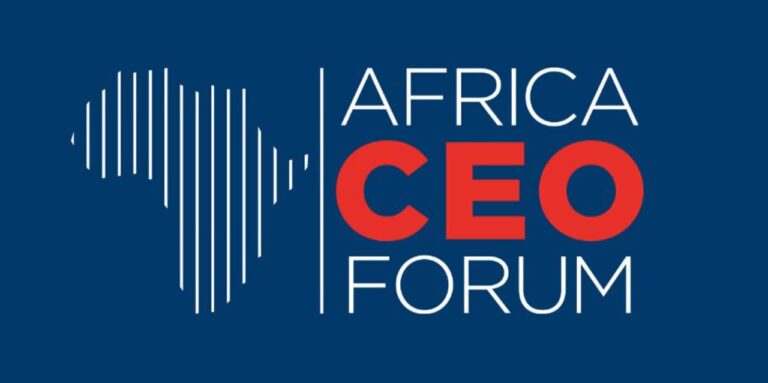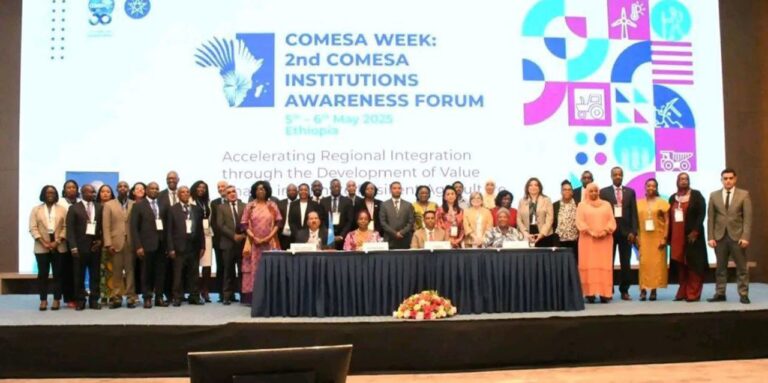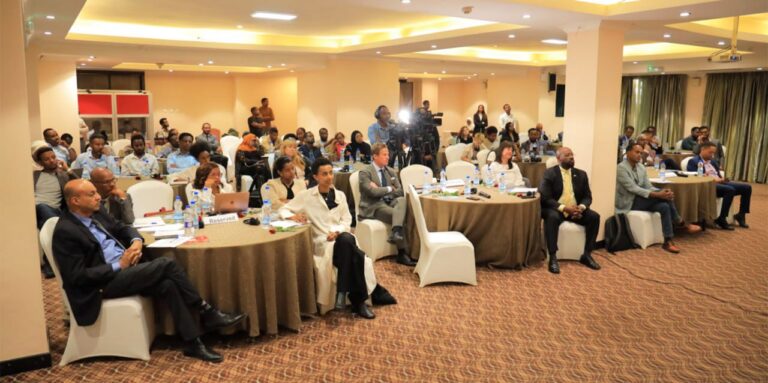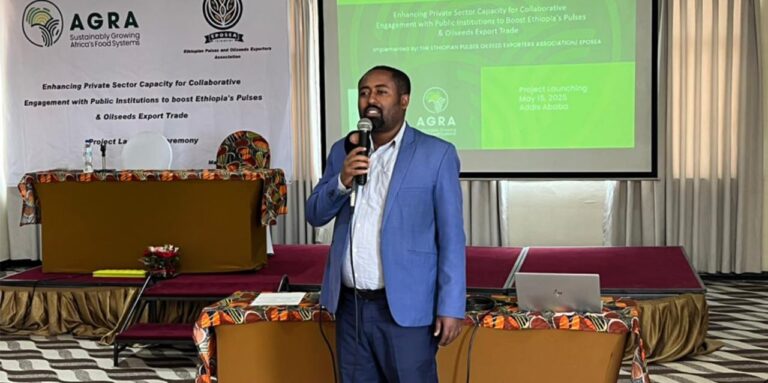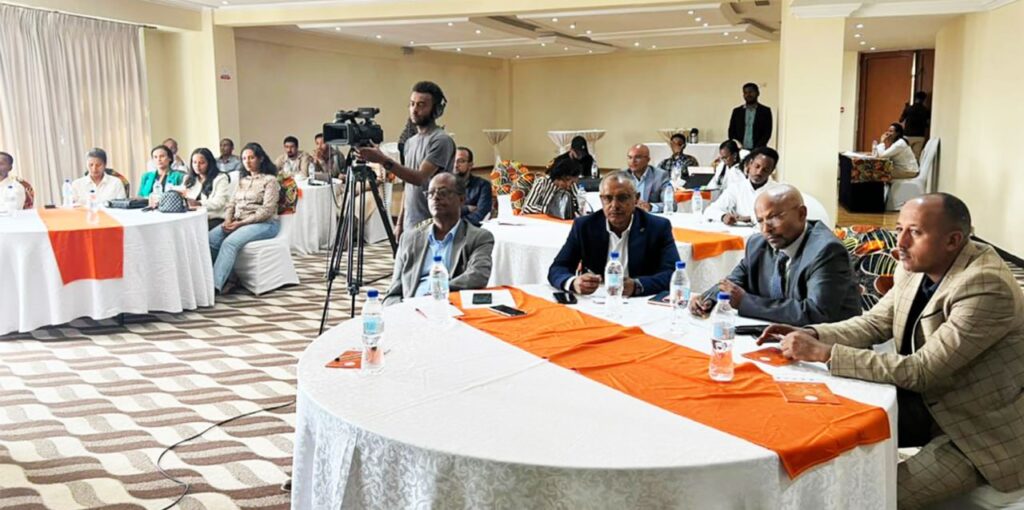The 12th edition of the Africa CEO Forum concluded in Abidjan, bringing together over 2,800 business leaders, investors, and policymakers from 90 countries for two days of high-level dialogue and dealmaking. Co-organized by Jeune Afrique Media Group and the International Finance Corporation (IFC), this year’s forum marked a pivotal shift toward forging an ambitious new pact between public governance and private investment across the continent.
Under the theme “Can a New Public-Private Deal Reshape the Continent’s Future?”, participants focused on strengthening economic governance, optimizing public policy, and accelerating the African Continental Free Trade Area (AfCFTA). The agenda reflected growing consensus that only structured, strategic collaboration between governments and the private sector can unlock Africa’s full economic potential in the face of global uncertainty and rising debt pressures.
A highlight of the forum was the presidential panel featuring leaders such as Côte d’Ivoire’s Alassane Ouattara, Senegal’s Bassirou Diomaye Faye, South Africa’s Cyril Ramaphosa, Mauritania’s Mohamed Ould Ghazouani, and Rwanda’s Paul Kagame. President Ramaphosa underscored the critical role of public-private partnerships in driving Africa’s development and economic integration.
Concrete commitments were a defining feature of the event, with more than $200 million in major deals signed across sectors including artificial intelligence, connectivity, energy, and real estate.
Forum President Amir Ben Yahmed emphasized the urgency of empowering Africa’s private sector: “In an era marked by economic and geopolitical uncertainty, Africa must unleash the power of its private sector to chart its own course. It is now up to public decision-makers to provide them with the means to succeed.”
IFC Managing Director Makhtar Diop added, “Africa’s potential is immense, but remains largely untapped. To realize this, we must mobilize private capital and urgently forge a new deal between companies and public decision-makers.”
The forum also featured debates on digital transformation, youth employment, and industrialization, with a strong focus on actionable solutions and investment opportunities. The event’s closing message was clear: Africa’s future prosperity depends on a bold, collaborative approach that leverages both public leadership and private sector innovation.


